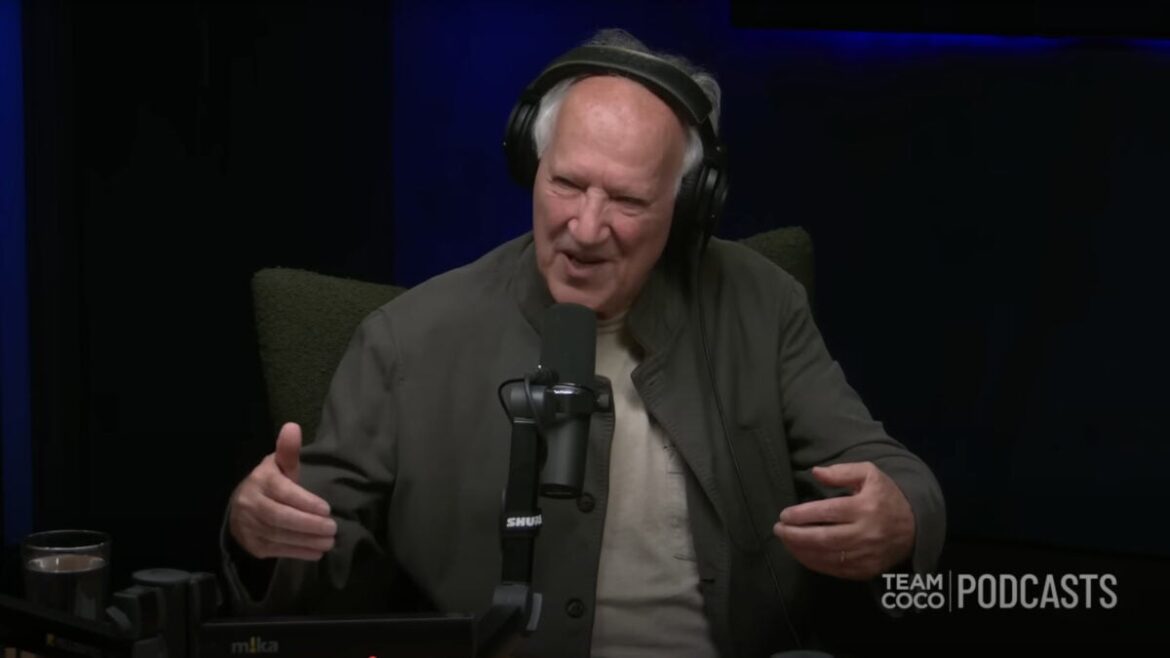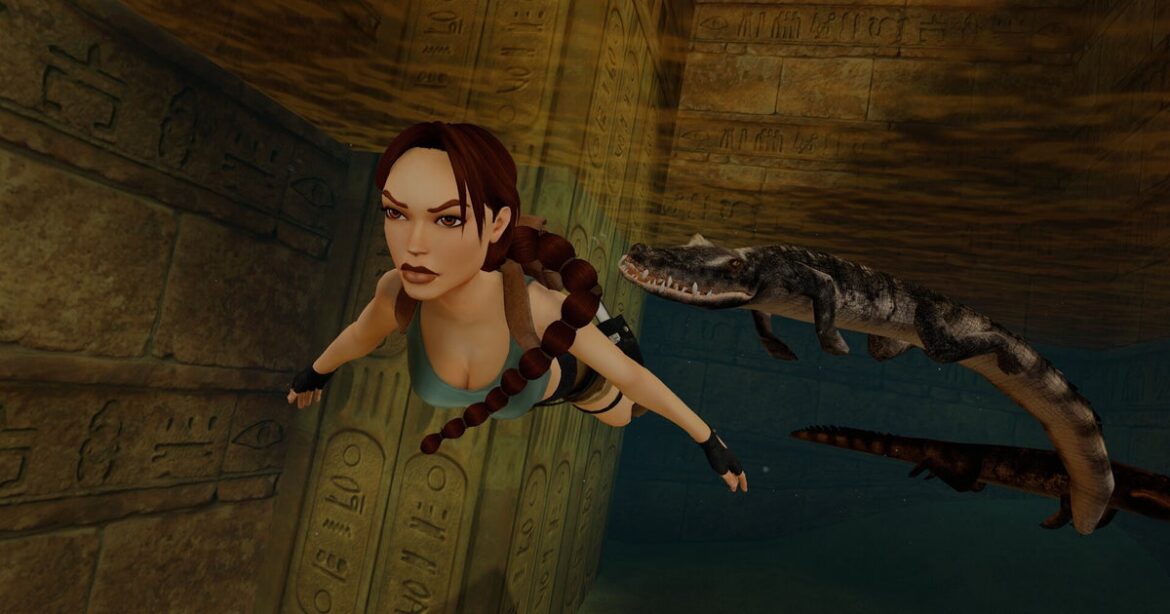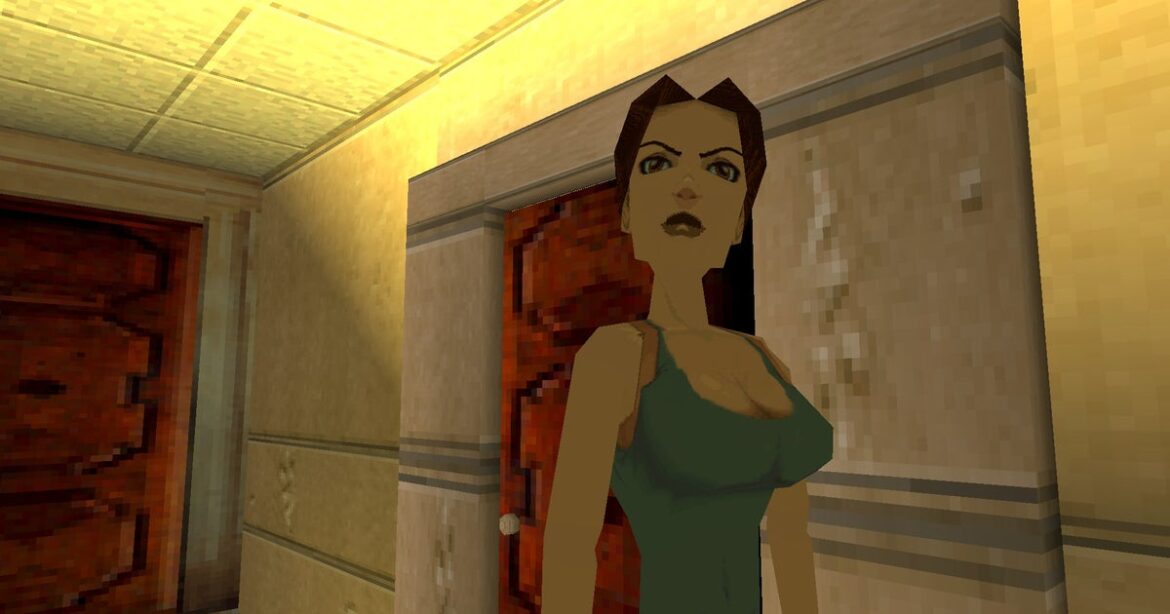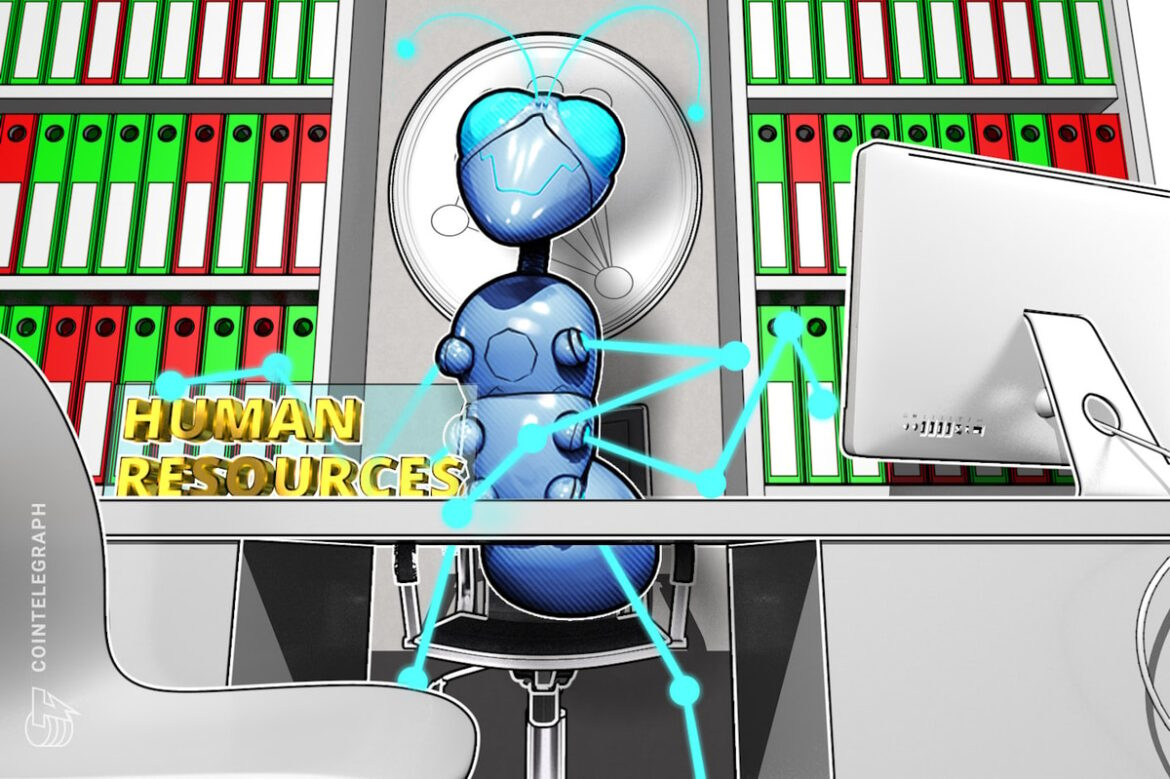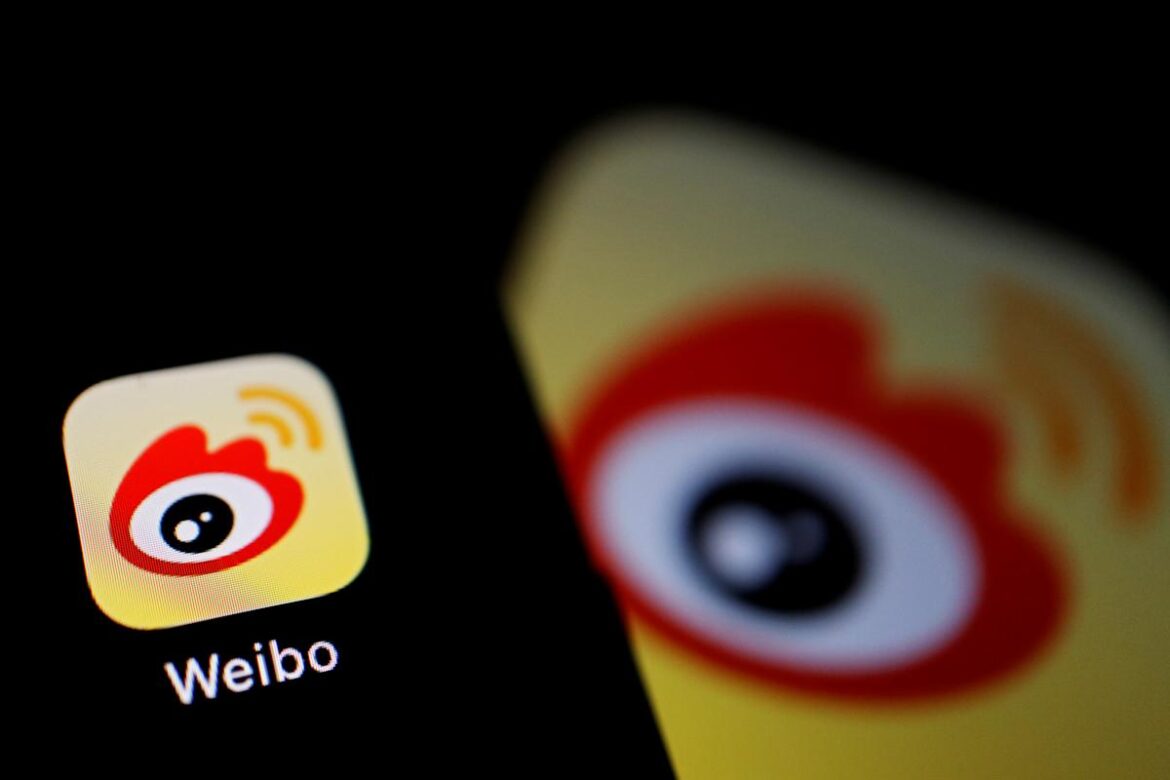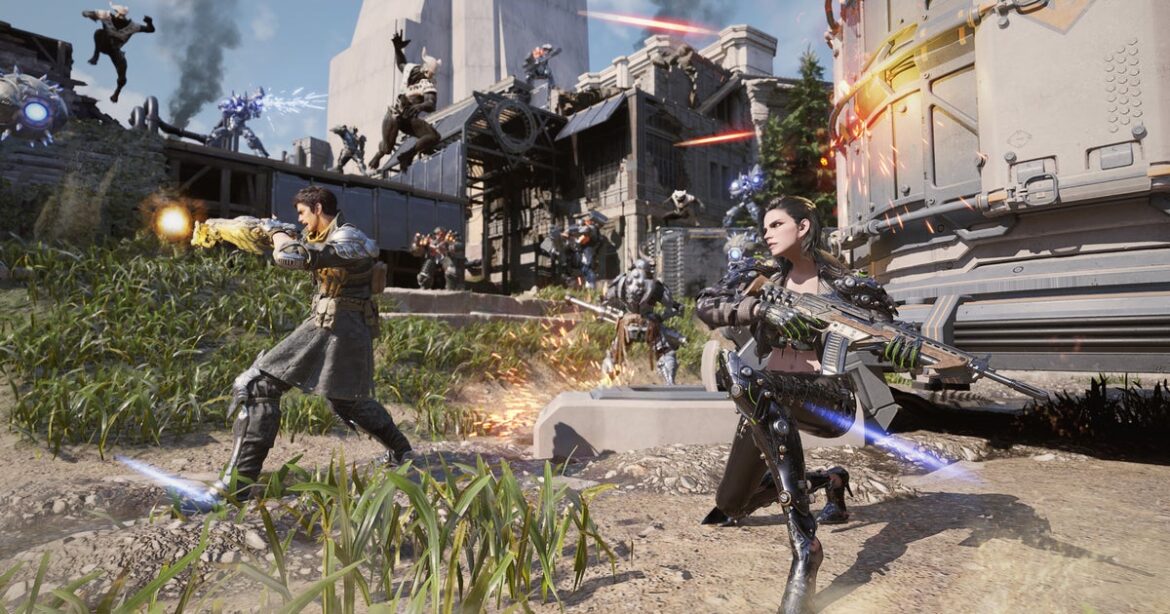OpenAI is preparing to launch a stand-alone app for its video generation AI model Sora 2, WIRED has learned. The app, which features a vertical video feed with swipe-to-scroll navigation, appears to closely resemble TikTok—except all of the content is AI-generated. There’s a For You–style page powered by a recommendation algorithm. On the right side of the feed, a menu bar gives users the option to like, comment, or remix a video.
Users can create videoclips up to 10 seconds long using OpenAI’s next-generation video model, according to documents viewed by WIRED. There is no option to upload photos or videos from a user’s camera roll or other apps.
The Sora 2 App has an identity verification feature that allows users to confirm their likeness. If a user has verified their identity, they can use their likeness in videos. Other users can also tag them and use their likeness in clips. For example, someone could generate a video of themselves riding a roller coaster at a theme park with a friend. Users will get a notification whenever their likeness is used—even if the clip remains in draft form and is never posted, sources say.
OpenAI launched the app internally last week. So far, it’s received overwhelmingly positive feedback from employees, according to documents viewed by WIRED. Employees have been using the tool so frequently that some managers have joked it could become a drain on productivity.
OpenAI declined to comment.
OpenAI appears to be betting that the Sora 2 app will let people interact with AI-generated video in a way that fundamentally changes their experience of the technology—similar to how ChatGPT helped users realize the potential of AI-generated text. Internally, sources say, there’s also a feeling that President Trump’s on-again, off-again deal to sell TikTok’s US operations has given OpenAI a unique opportunity to launch a short-form video app—particularly one without close ties to China.
OpenAI officially launched Sora in December of last year. Initially, people could only access it via a web page, but it was soon incorporated directly into the ChatGPT app. At the time, the model was among the most state-of-the-art AI video generators, though OpenAI noted it had some limitations. For example, it didn’t seem to fully understand physics and struggled to produce realistic action scenes, especially in longer clips.
OpenAI’s Sora 2 app will compete with new AI video offerings from tech giants like Meta and Google. Last week, Meta introduced a new feed in its Meta AI app called Vibes, which is dedicated exclusively to creating and sharing short AI-generated videos. Earlier this month, Google announced that it was integrating a custom version of its latest video generation model, Veo 3, into YouTube.
TikTok, on the other hand, has taken a more cautious approach to AI-generated content. The video app recently redefined its rules around what kind of AI-generated videos it allows on the platform. It now explicitly bans AI-generated content that’s “misleading about matters of public importance or harmful to individuals.”
Oftentimes, the Sora 2 app refuses to generate videos due to copyright safeguards and other filters, sources say. OpenAI is currently fighting a series of lawsuits over alleged copyright infringements, including a high-profile case brought by The New York Times. The Times case centers on allegations that OpenAI trained its models on the paper’s copyrighted material.
OpenAI is also facing mounting criticism over child safety issues. On Monday, the company released new parental controls, including the option for parents and teenagers to link their accounts. The company also said that it is working on an age-prediction tool that could automatically route users believed to be under the age of 18 to a more restricted version of ChatGPT that doesn’t allow for romantic interactions, among other things. It is not known what age restrictions might be incorporated into the Sora 2 app.
This is an edition of the Model Behavior newsletter. Read previous newsletters here.


